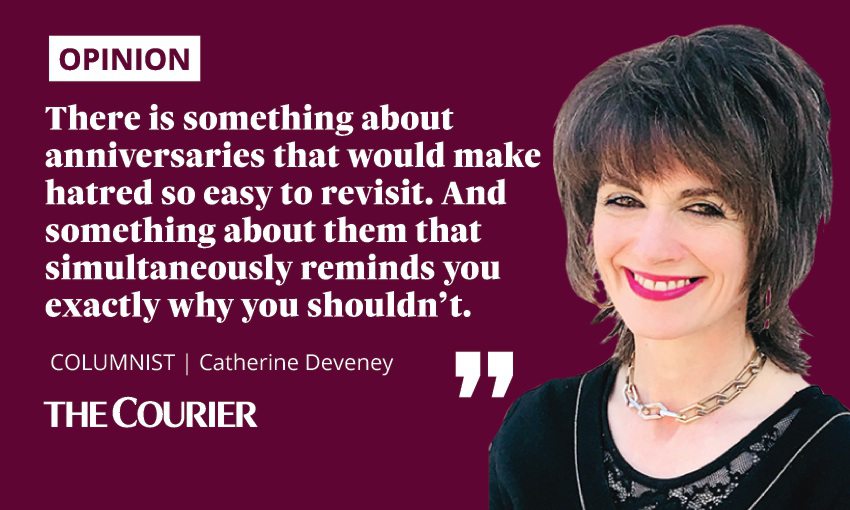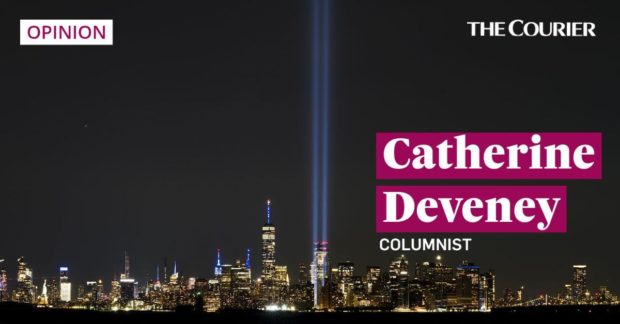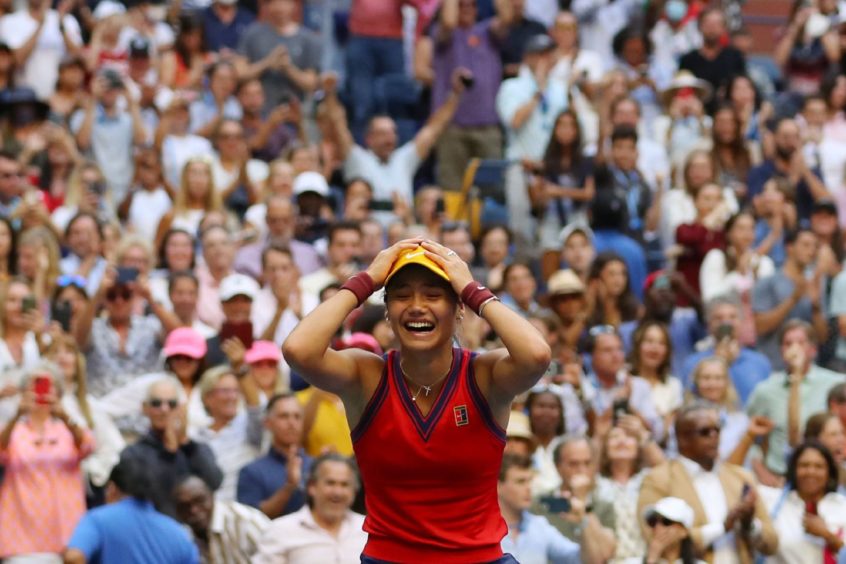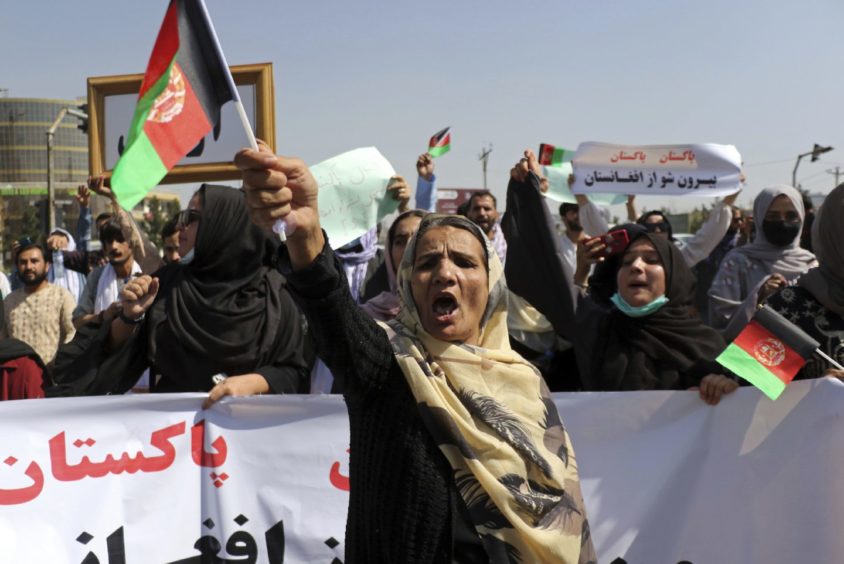When Emma Raducanu joyously lifted the US Open tennis trophy this week, then minutes later earnestly paid tribute to the post-9/11 spirit of New York, it was a reminder of two things.
Firstly, the cheek-by-jowl nature of triumph and tragedy in life, but also the importance of commemoration, the preservation of society’s collective memory.
For Raducanu was not even born when the dust of the Twin Towers covered New York, when the whirr of refrigerated lorries was heard outside the city’s morgue.

Last week’s 20th anniversary of Al-Qaeda’s devastating assault on America was important.
It was an opportunity for those who usually carry their trauma silently to be both publicly vocal and publicly heard; an opportunity to employ ceremony to make concrete all the abstracts that have been lost.
But it is the days and weeks after anniversaries, when normality has been restored, that we can really appraise where we are now, 20 years on.
Memory is a powerful teacher
On the personal front, I don’t go in much for anniversaries because, somehow, it diminishes the loss, relegating it to a set day.
This month is my father’s anniversary, next month my mother’s.
There will be the annual sad and silent inner nod, but it is the everyday loss that matters more, the ambush of unexpected memories, rather than pre-arranged ones, that stir most emotion.
A bar of Fry’s Cream on the arm of my father’s chair; a shortcut through our old housing estate; a sudden snatch of Rachmaninoff’s Variations on a Theme of Paganini; a yellow tea rose in my mother’s silver jug.
Memory – both individual and collective – is a powerful teacher.
Listening to Raducanu and reflecting on 9/11, I realised that, 20 years later, it is the smallest, most human of memories that I recall.
Certainly, I remember that the imploding towers on the television screen prompted shocked silence, an inward gasp.
But it was the reports of the final mobile calls that those who lost their lives on the doomed planes made to loved ones that prompted the first sting of tears.
Goodbye and I love you.
There was, I see now, a lesson there – that the ugliness of the global moment could not overpower the private humanity; that hatred could not completely subsume love.
What other hope is there?
Memories can re-make us
There is something about anniversaries – whether of wars, or the holocaust, or terrorist atrocity – that would make hatred so easy to revisit.
And something about them that simultaneously reminds you exactly why you shouldn’t.
I read earlier this year about a man who lost his memory after an accident, but regained it 10 years later when he heard the Waterboys hit, The Whole of the Moon, playing.
The music stirred memories of his forgotten life, and there was something very touching about the tale, the significance of what had been lost and found.
Memories made him more complete and whole, and perhaps that is what commemoration does for society’s collective memory.
Maybe it provides the all-important back story; the colour and meaning and explanation.
Unity after 9/11 persists today
Last week was about anniversary. This week should be analysis.
Few alive today have deep, personal knowledge of the Second World War that will be commemorated in November, yet we need ongoing memory and reflection.
Certainly, the disastrous Brexit vote suggests the Churchillian notion of peace being connected to a United States of Europe is long gone.
As philosopher George Santayana said, those who cannot remember the past are condemned to repeat it.
Watching Raducanu – ironically after reading about the Taliban’s restrictions on women in sport – and hearing her acknowledgement of events she had no personal memory of, was all the more poignant because of the current situation in Afghanistan.
Twenty years to stand still. Twenty years of struggle before complete regression.
The New York Times ran a feature about the Islamophobia that followed the 9/11 attacks on the Twin Towers.
Yet the scenes of ordinary Afghans trying to flee the Taliban is a reminder of what unites as well as divides.
That unity is worth commemorating, too.
It is only now, in the wake of the anniversary, that we can turn the page, yet keep it bookmarked to remind ourselves, and those who follow, of what happened and where hatred leads.
Perhaps that’s the most important thing about anniversaries: they are about keeping alive our ability to see the whole story, not just one part.
And that includes the light that flickers in what seems like corners of darkness. The whole of the moon in the night sky.
“I saw the rain dirty valley
You saw Brigadoon
I saw the crescent
You saw the whole of the moon”


